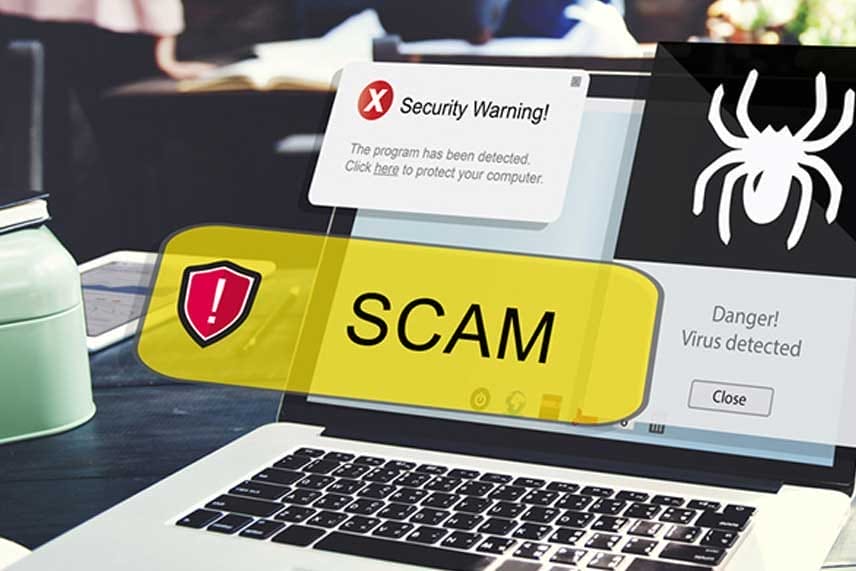- Address : P9FG+V4R, Shimutala, Matigara, Baniakhari
- /
- Email : splogos2022@gmail.com
- Home
- -Blogs Details
Blogs Details

- Oct 20,2024
- Admin
How to avoid scam over the Domain
Your domain name is one of your most valuable digital assets. Losing it to a scam or fraud can mean losing your website, brand identity, email services, and credibility. Domain scams are increasingly sophisticated, but with awareness and proactive steps, you can protect yourself and your business. Here's how to avoid being scammed over your domain:
First, register your domain through a reputable registrar. Stick with well-known, ICANN-accredited domain registrars like GoDaddy, Namecheap, Google Domains, or Bluehost. Avoid unfamiliar or suspicious services offering "too-good-to-be-true" deals. Low-cost domains from unreliable sources often come with poor security or hidden risks.
Always enable domain lock (also known as registrar lock). This prevents unauthorized transfers of your domain name to another registrar without your permission. It's a simple but powerful protection feature available through most domain management dashboards.
Keep your WHOIS and contact information private and updated. Use WHOIS privacy protection if your registrar offers it, to prevent scammers from accessing your contact details. At the same time, ensure your real contact info on file is current, as missing renewal notices due to outdated emails can result in losing your domain.
Beware of phishing emails that pretend to be from your registrar. Scammers often send fake renewal alerts, warnings, or account verification requests to trick you into clicking malicious links. Always verify the sender’s email and domain, and never click on suspicious links. Log in to your domain account directly from your browser—not through email links.
Watch out for "domain slamming" scams, where companies send misleading renewal notices trying to trick you into transferring your domain to a different registrar, often at a much higher cost. These messages often look like invoices or urgent requests. Check your current registrar and ignore any communication that doesn’t come from them directly.
Set your domain to auto-renew and monitor expiration dates. Many domain scams exploit expired domains—if you forget to renew it, someone else might register it and attempt to sell it back to you at an inflated price (domain squatting).
Always use strong passwords and enable two-factor authentication (2FA) on your registrar account. This prevents hackers from gaining control over your domain through compromised login credentials.
Finally, be cautious when buying or selling domains. Use secure domain marketplaces like Sedo, Flippa, or GoDaddy Auctions, and avoid sending payments or transferring ownership without a trusted intermediary or escrow service.
In conclusion, domain security is about vigilance, smart habits, and knowing who to trust. By staying informed and using the right protection tools, you can keep your domain—and your brand—safe from scammers.




